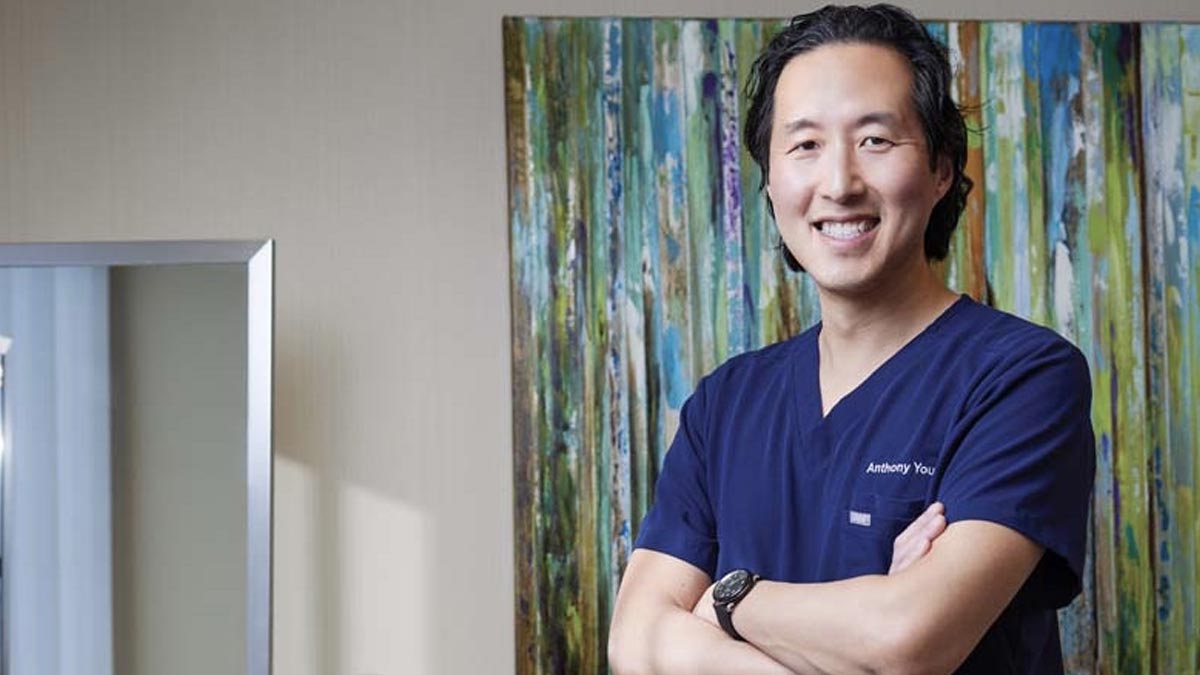


Renowned plastic surgeon and social media influencer, Dr Anthony Youn, has recently brought attention to a significant issue with rhinoplasty, commonly known as nose jobs. Speaking on the “Pursuit of Wellness” podcast, Dr Youn highlighted why this particular cosmetic procedure often leads to dissatisfaction among patients, more so than other types of plastic surgery.
Rhinoplasty is a popular surgical procedure designed to alter the nose’s shape and size, aiming to achieve facial harmony. Many individuals seek this surgery to correct what they perceive as imperfections—crooked, bulbous, or upturned noses—that deviate from conventional beauty standards. However, Dr Youn notes that despite the initial desire to attain a more aesthetically pleasing appearance, many patients do not find the satisfaction they were hoping for after their surgery.
During the podcast, the host questioned Dr. Youn about the high rate of revision surgeries following rhinoplasty. Dr. Youn acknowledged this issue, explaining, “Nose jobs have the highest revision rate. And that’s one reason why I don’t like them.” He elaborated on the challenges faced during rhinoplasty, particularly the impact of scar tissue. “Anytime you cut on the body, you create scar tissue. Studies have shown that from a normal speaking distance if you have literally one millimetre of scar tissue or one millimetre of asymmetry on the nose, it can be visualized.”
Also Read: Cardiovascular Health Becoming a Major Risk Factor for Dementia: Research
The formation of scar tissue is a natural response to surgical incisions, but it poses a unique challenge in rhinoplasty. Dr. Youn explained that this scar tissue can sometimes lead to unexpected results, such as the reappearance of bumps or asymmetry. “Some of this is out of your control as a surgeon,” he said. “You can get somebody who has some scar tissue that develops and looks like their bump is still back, or comes back a little bit. And now, they’re unhappy, and they want another operation.”
Also Read: Developing Anxiety After Age 50 Linked to Parkinson’s Disease: Research
One of the critical issues Dr. Youn highlighted is the potential for a vicious cycle of revision surgeries. Each additional surgery increases the amount of scar tissue, which can exacerbate the problem rather than resolve it. “The problem is you bring them back to surgery, you’re going to create more scar tissue. And you don’t have control over that scar tissue, and it can become kind of this spiralling that can happen with people who undergo too many nose jobs,” he said.
Listeners of the podcast also shared their experiences, echoing Dr. Youn’s concerns. One individual commented, “So true I had 2 nose jobs, one normal and one revision, and my nose still isn’t perfect. I’m thinking about a third one, but after listening to this, I don’t think I’ll do it.” Others expressed relief at not feeling the need for such procedures. One comment read, “Most people who get plastic surgery always go back for more and can’t stop. So yeah, glad I have a cute nose.”
Dr Anthony Youn’s insights shed light on why rhinoplasty often leads to regret among patients. The high revision rate and the issues with scar tissue make it a particularly challenging procedure. His candid discussion serves as a valuable reminder for those considering cosmetic surgery to weigh the potential risks and set realistic expectations. Ultimately, the pursuit of perfection can sometimes lead to more complications, underscoring the importance of self-acceptance and realistic beauty standards.